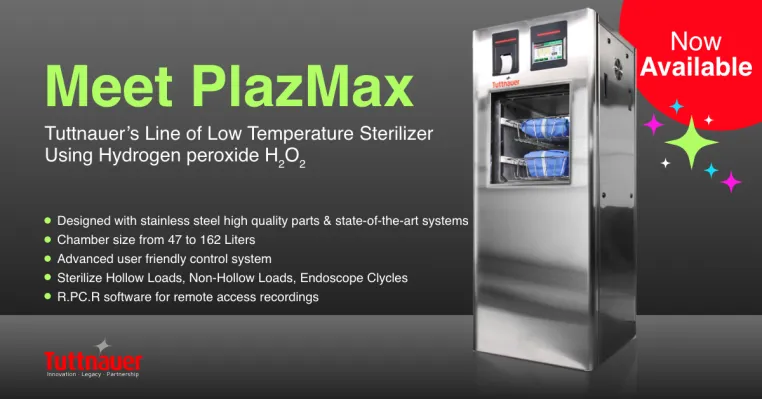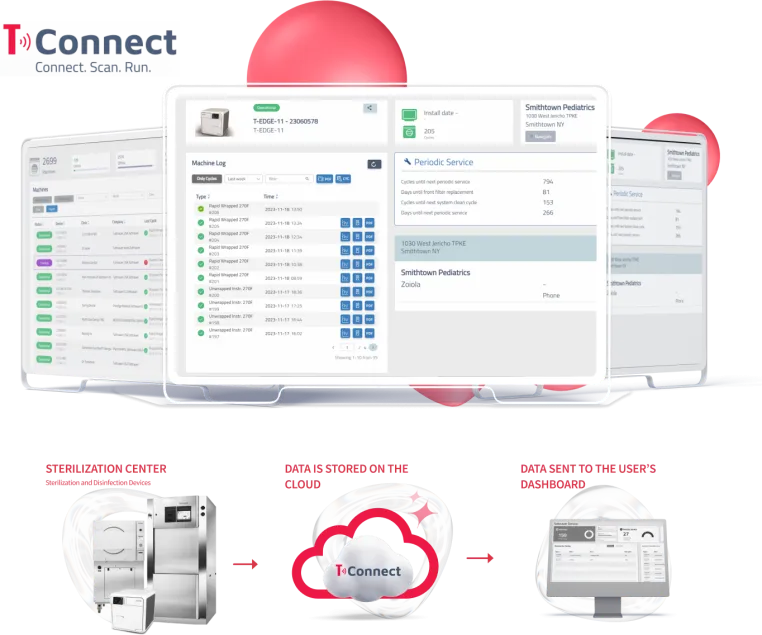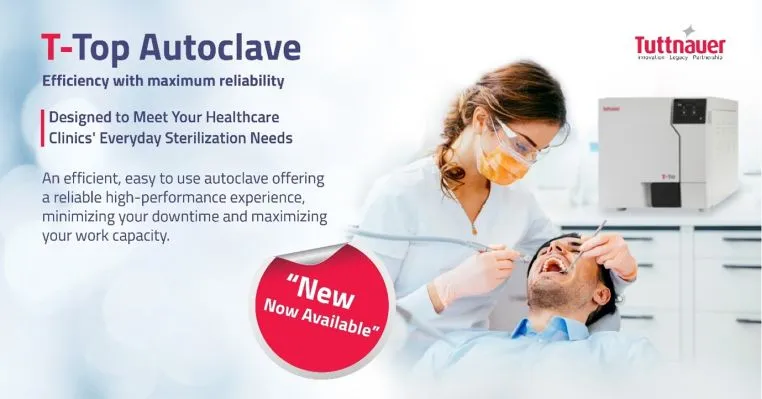The Role of Autoclaves in Modern Healthcare: A pivotal tool in the infection control arsenal is the autoclave, a device designed to sterilize equipment with heat using high-pressure steam. Its origins trace back to Charles Chamberland in 1879, with the concept evolving significantly from Denis Papin's earlier steam digester in 1679. The term "autoclave" itself, combining Greek and Latin roots, signifies a self-locking mechanism, reflecting the device's autonomous operational capability.
Companies like Tuttnauer have been at the forefront of autoclave innovation since 1925, transitioning these devices from simple sterilizers to sophisticated, smart systems equipped with touchscreens and versatile sterilization cycles. Such advancements not only enhance the efficiency of sterilization processes but also adapt to the complex requirements of modern medical instruments.
The Growing Demand for Infection Control: The current healthcare landscape underscores a heightened focus on infection control, driven by an uptick in hospital-acquired infections (HAIs) and a global emphasis on patient safety. The COVID-19 pandemic has further accentuated the need for rigorous disinfection and sterilization protocols, regulations and quality standards now required from the global healthcare industry have been heightened including stringent documentation requirements, leading to broader acceptance and integration of these practices across healthcare facilities.
Technological strides in this field, including automated systems and the Internet of Things (IoT), have propelled infection control into a new era, optimizing sterilization methods, sterile processing center workflows and equipment.
What are the Emerging Trends with Disinfection & Sterilization?
Low-Temperature Sterilization Systems:
[* In the United States this product is only sold to the Veterinary market; in other countries it is sold to Hospitals]
Innovations in low-temperature sterilization systems overcome the challenges posed by newer, more complex medical devices that require different sterilization approaches. The Tuttnauer PlazMax provides an efficient sterilization solution for heat & moisture sensitive equipment in CSSDs and Gastroenterology & Respiratory Endoscopy Clinics. In operating rooms PlazMax benefits you with almost immediate access to sterilized equipment.
Learn More https://tuttnauer.com/medical-autoclaves/low-temperature-sterilizer

Leveraging IoT: IoT-enabled devices represent a significant leap forward, for example, IoT-enabled autoclaves can alert technicians if there’s a malfunction. Tuttnauer’s newest innovation is the game changing T-Connect software, using the autoclave device Wi-Fi to connect multiple devices within a sterilization center and essentially have them communicate to one central location, either on-site or remotely. The advanced T-Connect provides healthcare clinics and laboratories with data intelligence in real time, accessible from anywhere, anytime, in a secure way. This includes notifications, alerts, in depth analysis, maintenance diagnosis and preventative technical maintenance.
Learn more https://tuttnauer.com/tconnect/guides

Advent of the Smart Clinic/ Laboratory: Smart clinics are at the forefront of transforming healthcare through the integration of advanced technologies and innovative services. The integration of machine-enabled diagnostics with the use of software like Tuttnauer’s T-Connect, and the use of AI technologies is fostering a new era of healthcare professionals who work in symbiosis with digital tools.
This evolution allows health professionals to use enhanced digitals technology to deliver superior healthcare outcomes. Devices like the Tuttnauer T-Top autoclave have been developed specifically for the advanced smart clinic. Although its key functionality is simple, it encompasses all use cases needed for today’s technicians with an advanced coloured touch screen display and features the T-Connect software capability; an innovation unique to Tuttnauer. This paradigm shift streamlines clinical operations through enhanced analytics and diagnostics blending digital proficiency with traditional medical expertise.
Learn more: https://tuttnauer.com/dental-autoclaves/pre-post-vacuum/t-top-autoclave

As we navigate the post-COVID era, the trajectory of infection control is set towards greater technological integration and innovation. The ongoing evolution of sterilization techniques and equipment, coupled with the advent of smart healthcare facilities, heralds a new chapter in patient safety and infection prevention. Embracing these changes, healthcare professionals are poised to deliver care that's not only effective but also anticipatory and responsive to the dynamic challenges of modern medicine. Tuttnauer remains at the forefront of these exiting advancements delivering value to our customers.